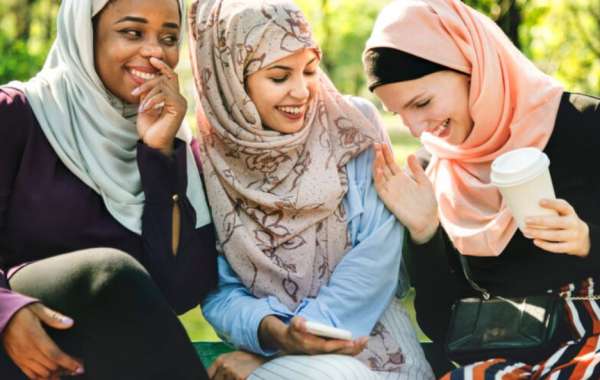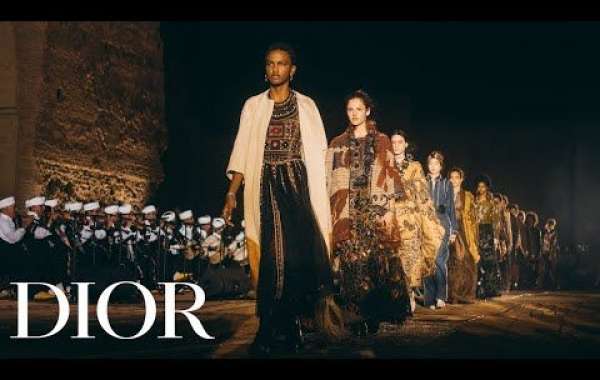mong the many communities that have contributed to its multicultural identity, Muslims hold a unique and enduring place. The history of Muslims in Fiji is deeply interwoven with the broader narrative of indentured labor under British colonial rule, followed by determined efforts toward community building, religious freedom, and socio-political participation.
Early Arrival: The Indenture System
The roots of the Muslim community in Fiji trace back to the late 19th century, during the British colonial era. The British Empire, seeking labor for its sugar plantations in Fiji, turned to India, then under British rule, to supply a workforce. Between 1879 and 1916, over 60,000 Indian laborers were brought to Fiji under the Girmit system—a form of indentured labor that derived its name from the English word "agreement," pronounced “girmit” in the local dialect.
Muslims formed a small but significant minority among these laborers. Rough estimates suggest that between 10% and 15% of the indentured workers were Muslim. These individuals came mostly from the northern Indian provinces of Uttar Pradesh and Bihar, and a smaller number from Bengal. They brought with them diverse Islamic traditions, primarily Sunni but also some Shia, along with cultural practices that would gradually shape the local Fijian Muslim identity.
These early Muslim migrants faced harsh conditions. Indentured laborers lived under strict oversight, worked long hours on sugar cane plantations, and suffered both physical and psychological hardship. However, even under such oppression, Muslims in Fiji managed to preserve their religious identity through prayer, fasting, and observing Islamic festivals like Eid al-Fitr and Eid al-Adha. Makeshift mosques were built using local materials, and oral traditions helped sustain religious education.
Life After Indenture
The end of the indenture system in 1920 marked the beginning of a new chapter for Muslims in Fiji. Some laborers chose to return to India, but the vast majority remained in Fiji, having established roots and families. Freed from the indenture contracts, Muslims, like their Hindu counterparts, began to acquire land, engage in farming, and develop small businesses.
Community building became a key focus in the post-indenture period. The Muslim community started forming associations to support religious, educational, and cultural needs. One of the earliest and most influential organizations was the Fiji Muslim League (FML), established in 1926. The FML played a vital role in the development of Islamic education, mosque construction, and the promotion of religious unity among Muslims in Fiji.
Cultural and Religious Identity
Despite being a minority in both the broader Fijian and Indo-Fijian communities, Muslims in Fiji have maintained a strong cultural and religious identity. They speak a mixture of Urdu, Hindi, Fijian, and English, reflecting their complex history. Over the decades, the Muslim community has built dozens of mosques, madrasas (Islamic schools), and educational institutions that serve both religious and secular purposes.
Islamic holidays are observed across the country, and Muslims actively participate in interfaith and multicultural events, contributing to the nation’s reputation for religious tolerance. While most Muslims in Fiji are Sunni, the community also includes Shia and Ahmadi minorities, and inter-sectarian relationships are generally peaceful.
Political and Social Contributions
The influence of Muslims in Fiji extends beyond religion and culture into the political and social arenas. Muslim leaders have played active roles in Fijian politics, particularly through the Fiji Muslim League and later through involvement in national governance. For example, Muslim representatives have been elected to the Fijian Parliament and have participated in shaping policies on education, health, and minority rights.
One notable figure in Fijian Muslim history is Sidiq Koya, a prominent politician and lawyer who played a critical role in Fiji’s independence movement in the 1960s. As the leader of the National Federation Party, Koya was instrumental in negotiating constitutional frameworks that sought to balance the interests of Fiji’s diverse ethnic communities.
Challenges and Resilience
Like many minority groups around the world, Muslims in Fiji have faced their share of challenges. Tensions between religious communities, particularly during political unrest or military coups, have sometimes placed Muslims in a vulnerable position. In some cases, they have had to navigate complex relationships with both indigenous Fijians and the larger Hindu Indo-Fijian community.
Despite these challenges, the community has demonstrated remarkable resilience. Their emphasis on education, community welfare, and peaceful coexistence has allowed them to remain a vibrant part of Fiji’s socio-cultural landscape. Today, Muslims in Fiji continue to advocate for religious tolerance, social justice, and inclusive development.
Modern-Day Muslim Community
In the 21st century, the Muslim population in Fiji is estimated to be around 60,000, accounting for approximately 7% of the country’s total population. While they are still a minority, their contributions to national life are significant. Muslims in Fiji run schools, hospitals, and charities. The Fiji Muslim League operates a number of secondary schools and vocational institutions, and also provides scholarships and relief services for disaster-struck communities.
The younger generation of Fijian Muslims is increasingly global in outlook. Many pursue higher education overseas and return with fresh ideas to serve their communities. At the same time, efforts are being made to preserve traditional Islamic values and customs amidst the pressures of modernization and secularism.
Conclusion
The history of Muslims in Fiji is a powerful testament to endurance, adaptability, and faith. From the hardships of the indenture system to their prominent role in modern Fijian society, Muslims have carved out a distinctive and respected place in the nation's multicultural identity. Their story is not just one of survival, but of flourishing against the odds—anchored by strong institutions, a commitment to education, and a deep-rooted sense of community.
As Fiji continues to evolve, the Muslim community remains an integral part of its past, present, and future, contributing richly to the country’s social fabric while upholding a proud religious and cultural heritage.








